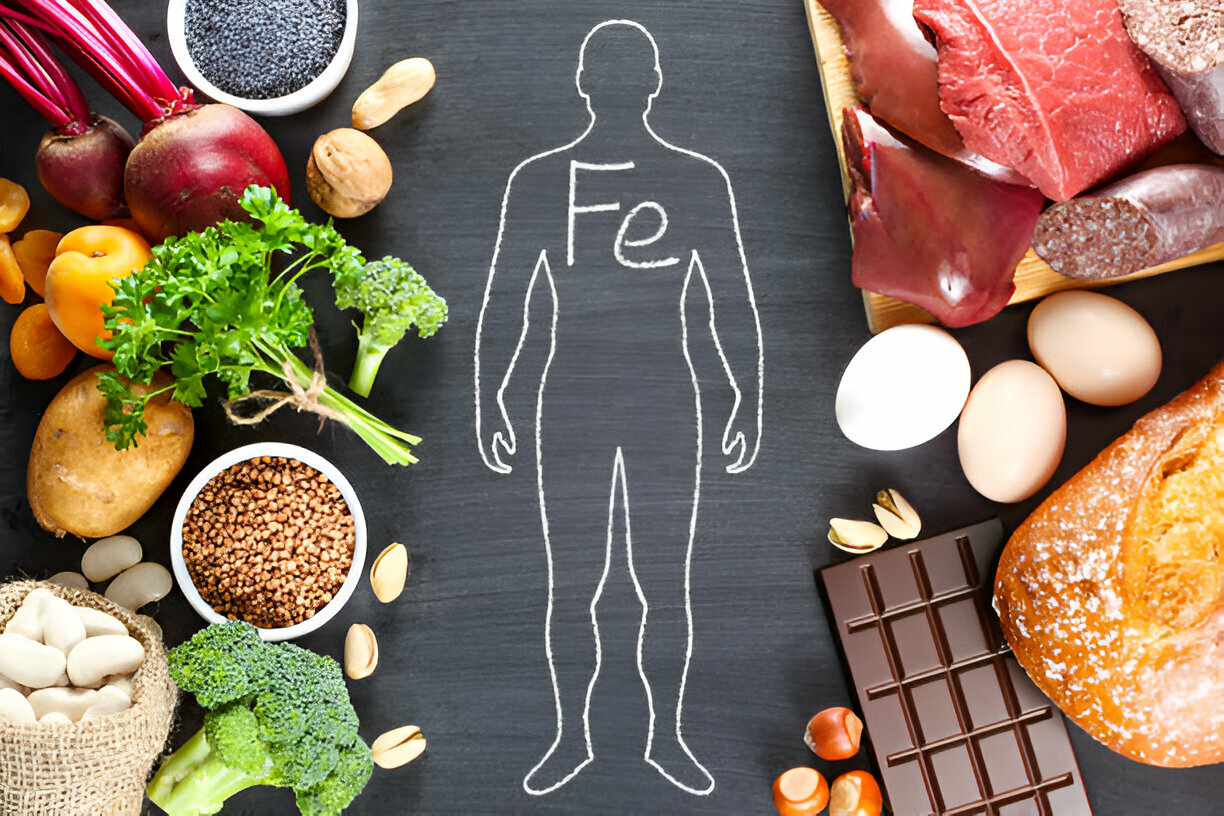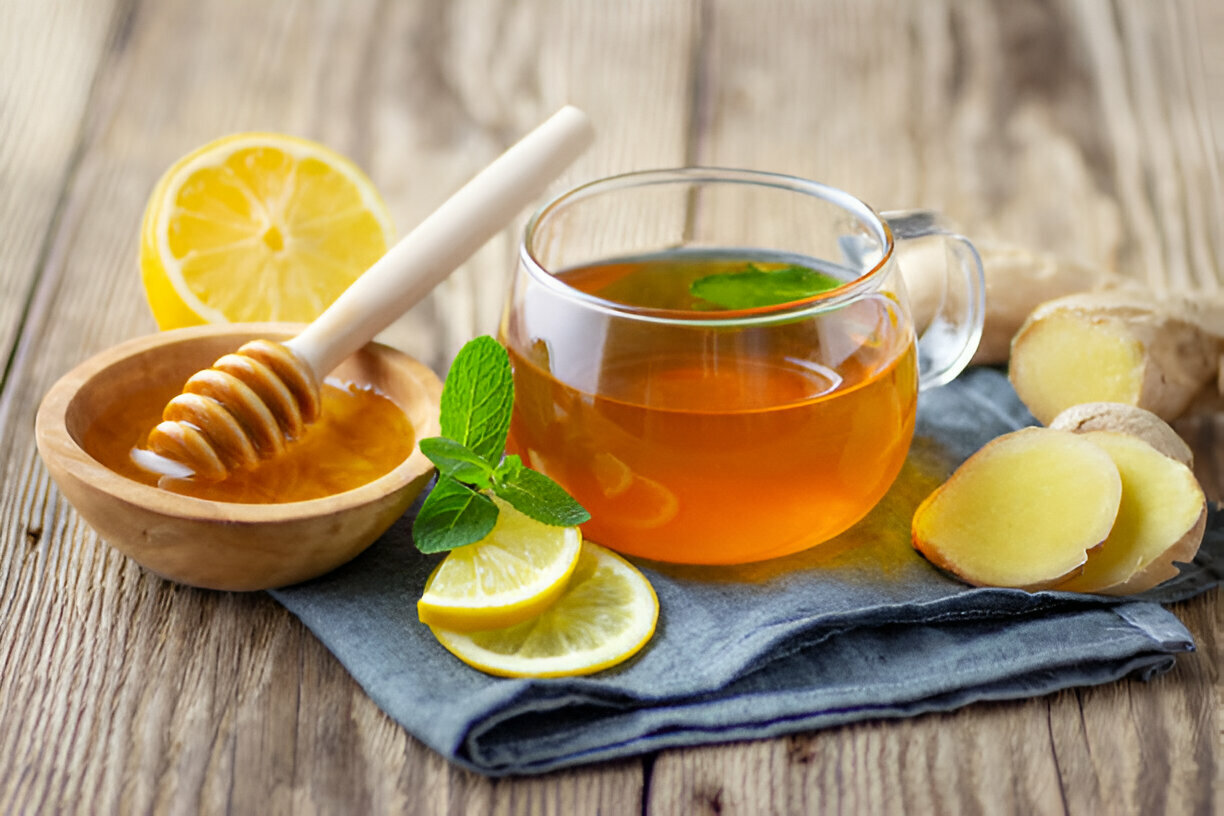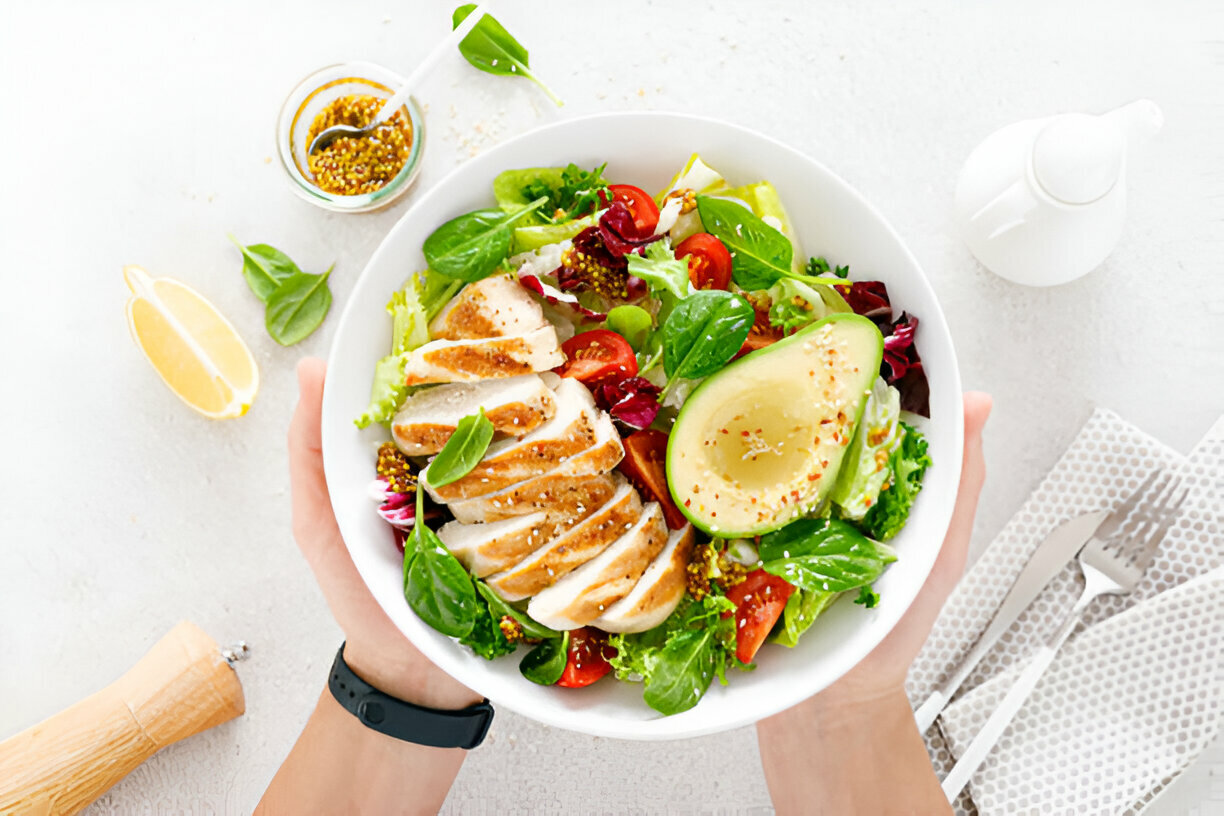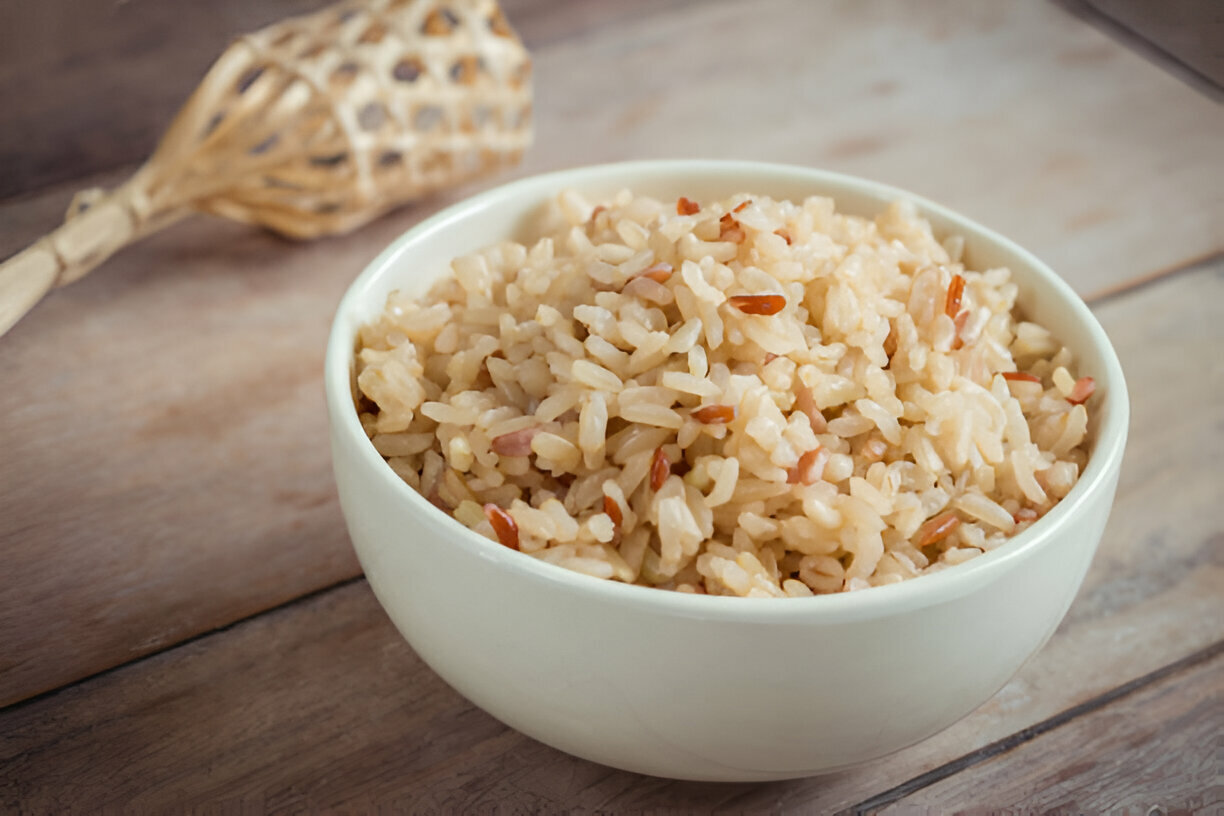As you step into your 30s, your body begins to undergo subtle changes that can significantly impact your overall health. One of the key areas to focus on during this decade is your diet, particularly the acidity levels of the foods you consume. High-acidic foods can lead to a host of health issues, including digestive problems, bone density loss, and even chronic diseases. In this article, we’ll explore the top 5 acidic foods you should avoid in your 30s to maintain optimal health and vitality.
Sugary Treats and Sodas

Let’s face it—sugary treats and sodas are hard to resist. However, these delicious indulgences are among the most acidic foods you can consume. The high sugar content in candies, cakes, and sodas can lead to a spike in your blood sugar levels, causing your body to produce more acid to break down the sugar. Over time, this can lead to insulin resistance, weight gain, and even type 2 diabetes.
Moreover, the phosphoric acid found in many sodas can leach calcium from your bones, increasing your risk of osteoporosis—a condition that becomes more concerning as you age. In your 30s, it’s crucial to start thinking about long-term bone health, and cutting back on sugary treats and sodas is a great place to start.
Processed Meats
Processed meats like sausages, bacon, and deli meats are not only high in sodium and unhealthy fats but are also highly acidic. These meats undergo various preservation processes that increase their acidity, which can disrupt your body’s pH balance. Consuming too much processed meat can lead to inflammation, which is a precursor to many chronic diseases, including heart disease and arthritis.
In your 30s, your metabolism starts to slow down, making it harder to process and eliminate these acidic foods efficiently. This can lead to weight gain and other health issues. Instead of reaching for that bacon sandwich, consider opting for lean, unprocessed meats like chicken or turkey, or even plant-based protein sources like beans and lentils.
Dairy Products
While dairy products like milk, cheese, and yogurt are excellent sources of calcium and protein, they can also be quite acidic. The high levels of lactic acid in dairy can disrupt your body’s natural pH balance, leading to digestive issues like acid reflux and bloating. Additionally, the saturated fats found in full-fat dairy products can contribute to heart disease, which becomes a more significant concern as you age.
In your 30s, it’s essential to find a balance between getting enough calcium for bone health and avoiding the acidic effects of dairy. Consider incorporating more alkaline foods like leafy greens, almonds, and fortified plant-based milk into your diet to help neutralize the acidity.
Refined Grains
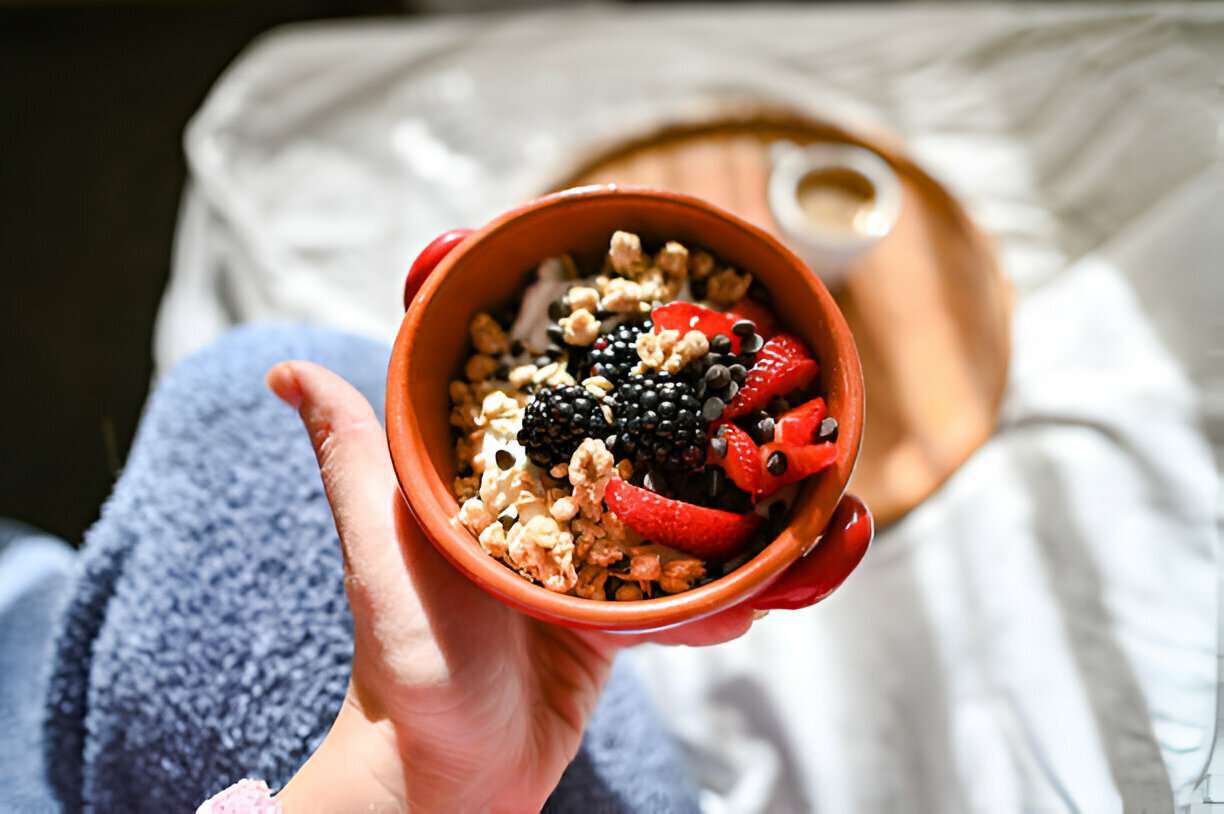
Refined grains, such as white bread, pasta, and rice, are staples in many diets, but they are also highly acidic. The refining process strips these grains of their natural nutrients and fiber, leaving behind a product that can spike your blood sugar levels and increase acidity in your body. This can lead to inflammation, weight gain, and an increased risk of chronic diseases like diabetes and heart disease.
In your 30s, your body’s ability to process refined grains diminishes, making it even more important to opt for whole grains like quinoa, brown rice, and whole wheat bread. These alternatives are not only less acidic but also richer in nutrients and fiber, which can help maintain a healthy weight and reduce the risk of chronic diseases.
Alcohol
Alcohol is another highly acidic substance that can wreak havoc on your body, especially as you enter your 30s. Whether it’s beer, wine, or spirits, alcohol can increase the acidity in your stomach, leading to issues like acid reflux, gastritis, and even ulcers. Additionally, alcohol can dehydrate your body, making it harder for your kidneys to flush out excess acids, which can lead to a buildup of toxins in your system.
In your 30s, your liver’s ability to process alcohol also starts to decline, making it easier to experience the negative effects of drinking. If you choose to drink, do so in moderation and consider opting for less acidic options like red wine, which contains antioxidants that can help neutralize some of the acidity.
The Impact of Acidic Foods on Your Health in Your 30s
As you age, your body’s ability to maintain a balanced pH level becomes more challenging. Consuming high-acidic foods can lead to a condition known as acidosis, where your body’s pH levels become too acidic. This can result in a range of health issues, including:
Digestive Problems: Acidic foods can irritate the lining of your stomach, leading to conditions like acid reflux, gastritis, and ulcers.
Bone Density Loss: High acidity levels can cause your body to leach calcium from your bones to neutralize the acid, increasing your risk of osteoporosis.
Chronic Inflammation: Acidic foods can trigger inflammation, which is a precursor to many chronic diseases, including heart disease, diabetes, and arthritis.
Weight Gain: Acidic foods can disrupt your metabolism, making it harder to maintain a healthy weight.
Tips for Reducing Acidity in Your Diet
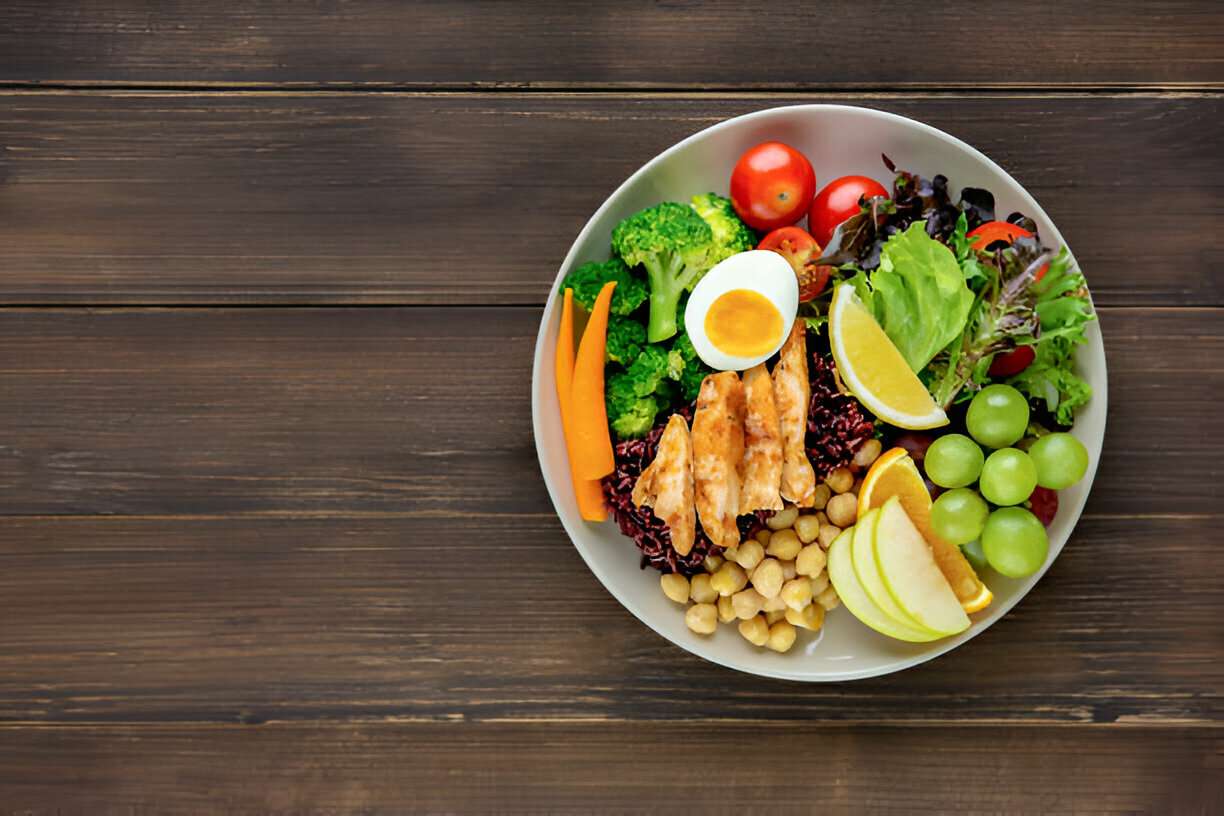
While it’s essential to avoid the top 5 acidic foods listed above, there are also several steps you can take to reduce the overall acidity in your diet:
Incorporate More Alkaline Foods: Foods like leafy greens, almonds, and fruits like bananas and melons can help neutralize acidity in your body.
Stay Hydrated: Drinking plenty of water can help flush out excess acids and maintain a healthy pH balance.
Limit Processed Foods: Processed foods are often high in acidity, so opt for whole, unprocessed foods whenever possible.
Practice Mindful Eating: Eating slowly and mindfully can help improve digestion and reduce the risk of acid reflux.
Consider Supplements: If you’re struggling to maintain a balanced pH level, consider talking to your doctor about alkaline supplements.
Final thought
Your 30s are a critical time to start paying attention to your diet and making choices that will benefit your long-term health. By avoiding the top 5 acidic foods—sugary treats and sodas, processed meats, dairy products, refined grains, and alcohol—you can help maintain a balanced pH level and reduce your risk of chronic diseases. Remember, small changes in your diet can lead to significant improvements in your overall health and well-being. So, take the first step today and start making healthier, less acidic choices for a brighter, healthier future.
Latest Blog
Best Keto Recipes, Easy Low-Carb Meals, Snacks & Desserts
Welcome to Your Ketosis Trip!Beginning the ketogenic diet might first seem too much. You might be wondering, "what can i really eat?" or "will I be stuck eating salads daily?" Relax : the keto diet need not to be tedious or difficult. Actually, with a few basics and some innovative recipes, you can have delectable, filling meals that help you stay on track. From comforting breakfasts to delicious dinners, quick snacks and gu...
Amino Acids Benefits in Skincare, Haircare and Muscle Growth
Amino Acids play important roles in promoting the health of skincare, haircare and muscle buildup by aiding in repair, growth, hydration and many more factors to your overall health. They often touted for everything, from boosting metabolism and supporting mood to improve skin collagen and muscle growth. But what amino acids really are, and do we get enough of them from food alo...
Can High Carb Vegetables Fit into a Healthy Diet for Women?
When you think about healthy eating, the term "high carb" might not be the first thing that comes to mind. In fact, you might associate high-carb foods with weight gain or unhealthy eating habits. But what if we told you that high-carb vegetables can actually be a valuable part of a balanced diet, especially for women? Yes, you read that right! High-carb vegetables like sweet potatoes, corn, and peas can offer a wealth of nutrients that suppor...

